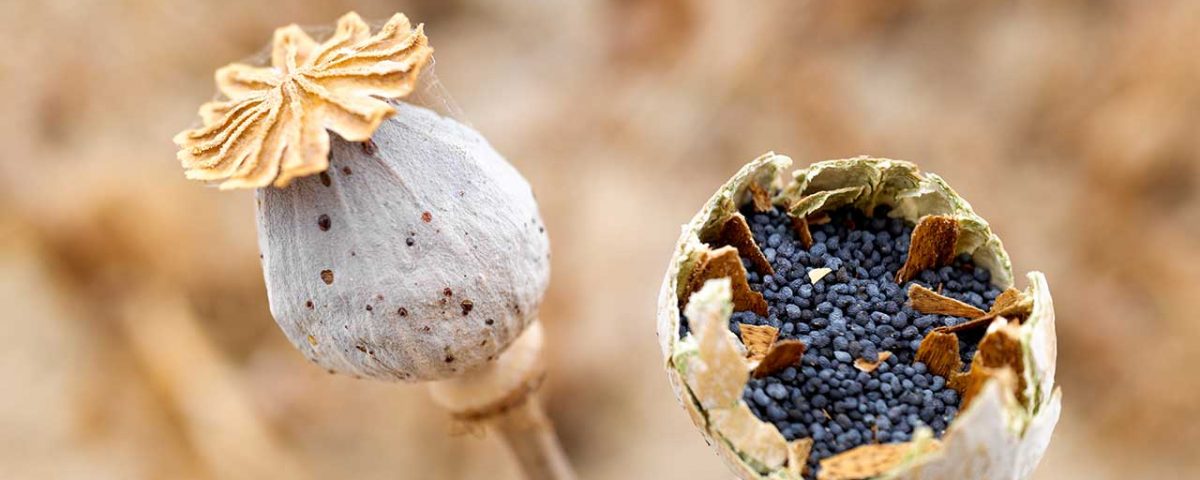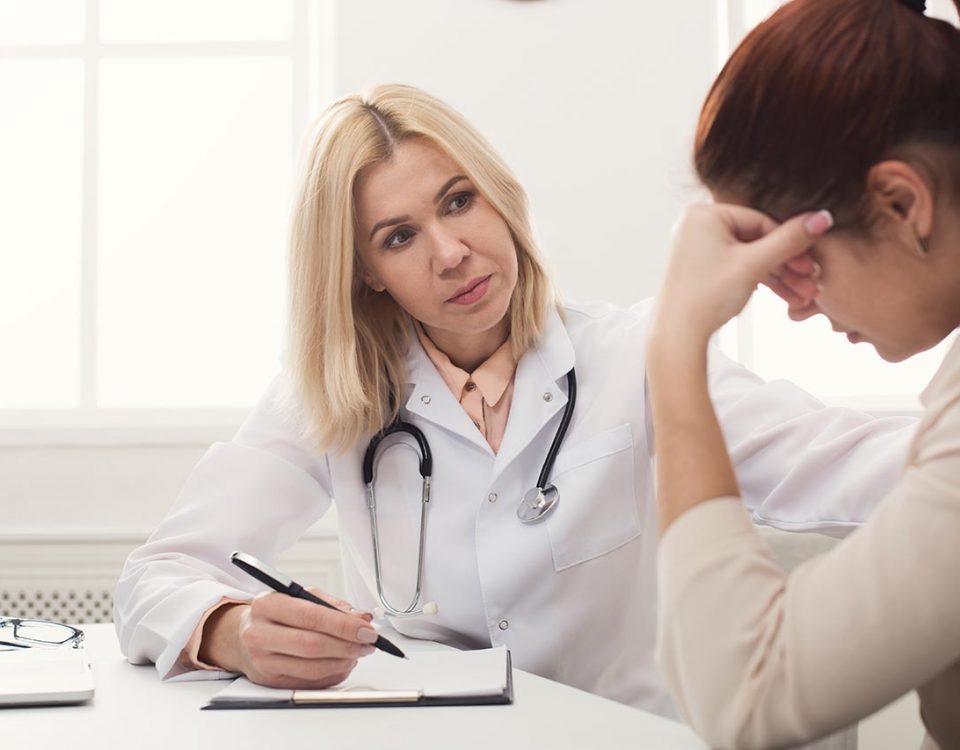If you’ve eaten a poppy seed bagel or pastry for breakfast, you may wonder, do poppy seeds affect drug tests? Having a positive drug test result can have a devastating impact on your career. If you’ve ever heard rumors circulating about poppy seeds and drug tests, then you aren’t the only one. But do poppy seeds contain the opium that would affect a drug test? If you’re going to be tested for drugs and are concerned about the pastry you ate today, our drug rehab in Illinois has looked into this issue, so you don’t have to.
Do Poppy Seeds Contain Opium?
While poppy seeds don’t actually contain opium, they can become coated by or absorb opium extract during harvesting. Opium is the milky substance that’s extracted from the seed pod along with poppy seeds after the petals have fallen off the plant. Opium is also a common component of opioid drugs, which are narcotics or medications used to treat pain. However, there are also illicit forms of opioids, such as heroin and desomorphine (Krokodil), that are recreationally used. Any form of opium or opioids affects neurotransmitters dopamine, serotonin, and norepinephrine in the brain to produce sedation and euphoria. Opium’s intense impact on the brain’s reward system is what makes opioids and other related drugs so addictive.
Can Poppy Seeds Make You Fail A Drug Test?
So, do poppy seeds affect drug tests? Yes, poppy seeds can make you fail a drug test. Opium poppy seeds can make you test positive in a drug test because they’re often coated by or have absorbed opium during harvesting. Specifically, poppy seeds show up in drug tests as opiates. A person can test positive for opiates as soon as 2 to 3 hours after eating poppy seeds or any food that contains poppy seeds. School athletes and people who are drug tested regularly at their jobs may want to pay attention to this. It’s common for students in middle school, high school, and college to be regularly drug tested in order to participate in athletic activities or sports.
Additionally, this can be an even bigger deal if you’re regularly drug tested to keep your position at work. One poppy seed bagel can be a big game-changer and not a good one. Over the past 20 years, numerous legal cases by law enforcement officials, workers, athletes, or students who tested positive for opiates have made the “poppy seed bagel” defense. A series of lawsuits and studies have shown that your urine can test positive for opiates within hours after eating cakes, muffins, or bagels that contain poppy seeds. One study by the Department of Health and Human Services (DHHS) found that 87% of the 1.4 million urine specimens collected were false positives caused by a variety of reasons, including poppy seeds.1
While your body’s sensitivity to poppy seeds is almost laughable, drug use is not. All jokes aside, the United States is currently in the middle of an opioid crisis that has impacted thousands since the late 1990s. The impact of opioid drugs on dopamine and reward in the brain reinforces drug-taking behavior. In the long run, this often contributes to a chronic disease otherwise known as addiction. Drug addiction can take a toll on a person’s physical well-being, mental health, career, and family.
If you’ve been affected by drug use or know someone who has, Banyan Treatment Centers Heartland can help. Call us today at 888-280-4763 to learn more about our inpatient substance abuse treatment in Illinois. We offer different levels of substance abuse treatment to ensure that we help people no matter how severe their substance use disorders are.
Related Reading:
Opioids and Weight Loss
Brorphine HCL: The New Opioid on The Street
Source:








